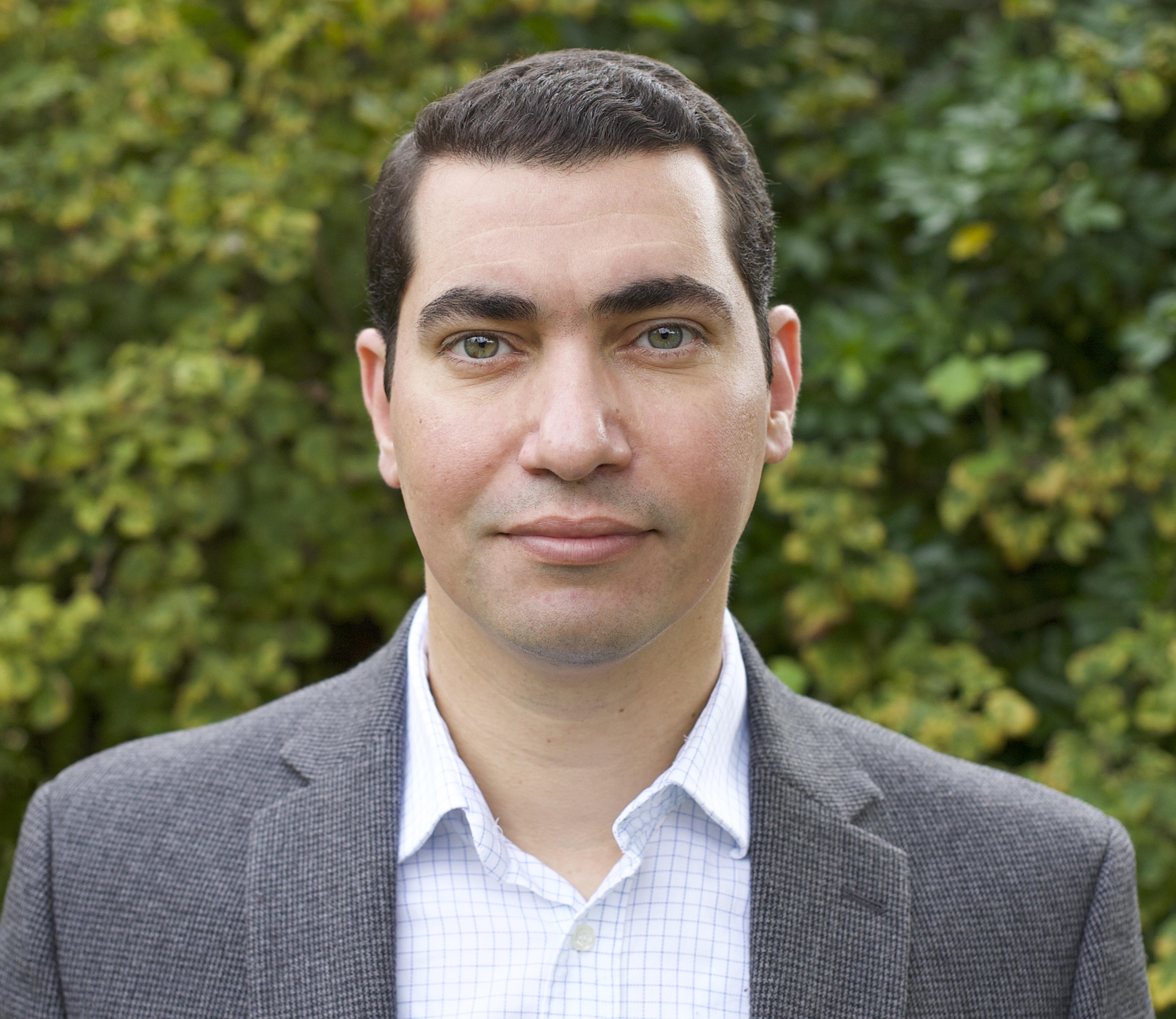Projects

ERC – STG ‘Arabic Poetry in the Cairo Genizah’ (2020–25), Project: 851411 — APCG
Dr Mohamed A. H. Ahmed, from the Department of Near and Middle Eastern Studies & Al Maktoum Centre for Middle Eastern Studies, is the Principal Investigator for the European Research Council-funded project ‘Arabic Poetry in the Cairo Genizah’ (2020–25), which allows him to lead academic teamwork to expand his work on Arabic Poetry in the Cairo Genizah comprehensively.
For centuries, Arabs of all faiths have been considered poetry a key source for knowledge, intellectuality and wisdom. In the pre-Islamic era poetry was the way in which the social and cultural history, language, arts, music, religious and Arab’s human experience were stored and preserved. Being a part of Arabic culture, Jews of Arab lands equally wrote and read poetry.
Based at Trinity College Dublin in the Near and Middle Eastern Studies Department, and in collaboration with University of Cambridge, the APCG project investigates for the first time a hitherto neglected collection of Arabic poetry fragments written in Hebrew script (in Judaeo-Arabic), which has been preserved in a synagogue in old Cairo. The fragments, numbered in the hundreds, constitute a unique source for understanding mediaeval and Early Modern Egypt from three main perspectives: Arabic studies, Jewish social and cultural studies, and anthropological studies.
APCG aims to make the entirety of Arabic and Judaeo-Arabic poetry in the Cairo Genizah accessible to both academic scholars and to the public in a comprehensive database and in critical editions. The project hopes to reveal, through the study of poetry, hitherto hidden aspects of social and cultural history of the Jews in the Middle East with regard to literacy, education and inter-communal relations. The goal is to explore hierarchies, interpersonal relationships and the social function of poetry in medieval and early modern Egypt through the study of Genizah poetry.
To achieve the planned main objectives, the project uses an interdisciplinary study of Genizah’s Arabic poetry. This approach involves research from philological, linguistic, literary, historical and anthropological perspectives, disseminated in conferences, exhibitions, a website and several publications.
For more information on the APCG project please see https://apcairogenizah.com/COURAGE
Balázs Apor from the Department of Russian and Slavonic Studies has been awarded a Horizon 2020 grant by the European Commission as a key partner in a new research project entitled COURAGE. The project which was launched on the 1st of February has been awarded in total 2.5 million Euros and consists of an international consortium of 12 academic institutions coordinated by the Research Centre for the Humanities of the Hungarian Academy of Sciences. Other international partners involved in this extensive project include the University of Oxford in the UK and The Institute for East and Southeast European Studies, Regensburg, Germany.
COURAGE (Cultural Opposition: Understanding the Cultural Heritage of Dissent in the Former Socialist Countries) aims to create the first digital database of both online and offline private and public collections in Europe which testify to the survival of various forms of cultural opposition in the former socialist countries of East-Central Europe from the rise of communist regimes in the region to the fall of the Iron Curtain. These collections will then be assessed in terms of their role in shaping of political cultures in Eastern Europe after the collapse of Communist regimes. The online database will be complemented by a handbook, online and offline exhibitions, teaching material, as well as policy recommendations.
Dr Apor will act as national task manager for the duration of the project, with Trinity’s Russian Department representing Ireland. The research team supervised by Dr Apor will explore collections of cultural opposition to Soviet rule in the Ukraine, and in countries with a significant Ukrainian minority.
For more information on this project please see www.cultural-opposition.eu

